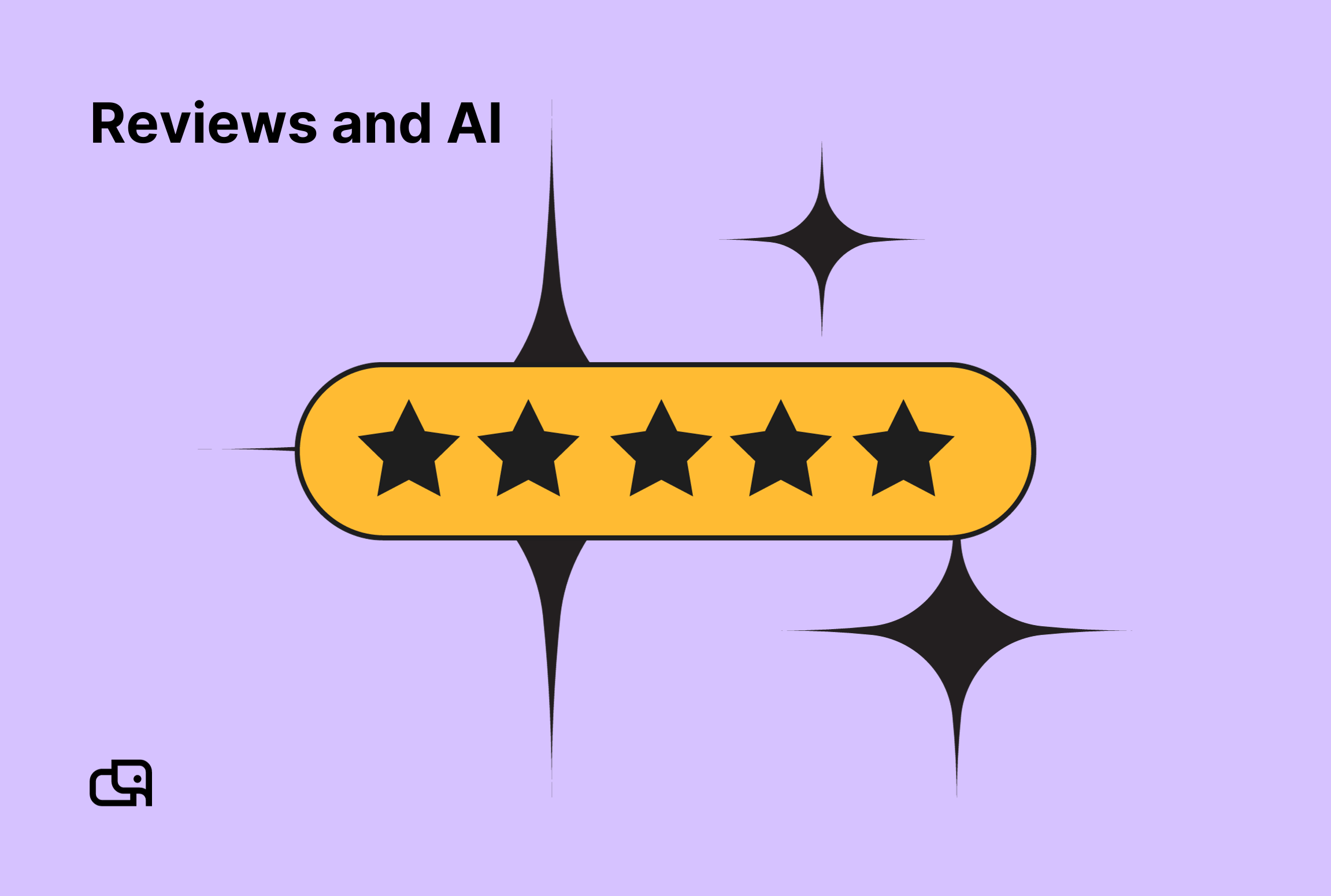How To Analyze App Customer Reviews With AI?

In the digital age, customer reviews are the lifeblood of any app. They provide invaluable insights into user experiences, preferences, and pain points. But with millions of apps available and countless reviews pouring in daily, how can developers keep up? Enter Artificial Intelligence (AI). AI has the potential to revolutionize how we analyze customer reviews, making it faster, more accurate, and more insightful. But how exactly does this work? Let's dive in.
Understanding the Power of AI
AI is a game-changer in many industries, and app development is no exception. According to a report by PwC, AI could contribute up to $15.7 trillion to the global economy by 2030. That's a staggering figure that underscores the transformative potential of this technology.
But what makes AI so powerful? At its core, AI is about mimicking human intelligence. It can learn from experience, adjust to new inputs, and perform tasks that normally require human intelligence. This includes everything from understanding natural language to recognizing patterns and making predictions.
AI and Natural Language Processing
One of the key technologies behind AI's ability to analyze customer reviews is Natural Language Processing (NLP). NLP is a branch of AI that focuses on the interaction between computers and humans through language. It allows machines to understand, interpret, and generate human language in a way that is both meaningful and useful.
According to a study by Markets and Markets, the NLP market size is expected to grow from $10.2 billion in 2019 to $26.4 billion by 2024. This growth is driven by the increasing demand for enhanced customer experience, personalized recommendations, and improved accuracy in voice recognition.
How AI Analyzes App Customer Reviews
So, how does AI use NLP to analyze app customer reviews? The process involves several steps, each leveraging different aspects of AI and NLP.
First, AI uses NLP to 'read' and understand the text of the review. This involves tasks like tokenization (breaking the text into individual words), part-of-speech tagging (identifying the grammatical role of each word), and named entity recognition (identifying things like product names or locations).
Step 1: Sentiment Analysis
Once the text is understood, AI can perform sentiment analysis. This involves determining the sentiment expressed in the review, whether it's positive, negative, or neutral. According to a study by the University of California, sentiment analysis can achieve an accuracy of up to 80-85% when trained on a large dataset.
By analyzing the sentiment of each review, developers can get a quick overview of how their app is perceived by users. They can identify trends, spot issues, and gauge the overall user sentiment towards their app.
Step 2: Topic Modeling
But sentiment analysis is just the tip of the iceberg. AI can also perform topic modeling, which involves identifying the main topics discussed in the reviews. This can be done using techniques like Latent Dirichlet Allocation (LDA), which can uncover hidden thematic structures in the text.
Topic modeling can provide deeper insights into what users are talking about. For example, are they praising the app's user interface? Complaining about bugs? Discussing a new feature? By understanding these topics, developers can better understand their users' needs and preferences.
Benefits of Using AI to Analyze App Reviews
So, what are the benefits of using AI to analyze app reviews? The advantages are numerous and can have a significant impact on the success of an app.
First and foremost, AI can process and analyze reviews much faster than humans. According to a report by McKinsey, AI can reduce the time spent on data collection and processing by up to 20-25%. This means developers can get insights and make decisions more quickly.
Improved Accuracy and Consistency
AI also offers improved accuracy and consistency. While human analysis can be influenced by biases or fatigue, AI provides consistent results. It can analyze thousands of reviews with the same level of accuracy, ensuring reliable insights.
Moreover, AI can uncover insights that might be missed by humans. For example, it can identify subtle patterns or trends that are not immediately obvious. This can lead to more informed decision-making and better app development.
Enhanced User Experience
Finally, by understanding user feedback, developers can enhance the user experience. They can identify and fix issues, implement requested features, and improve the overall quality of the app. According to a report by PwC, improving the customer experience can lead to a revenue increase of up to 15%, and a decrease in the cost of serving customers by up to 20%.
In conclusion, AI offers a powerful tool for analyzing app customer reviews. By leveraging technologies like NLP and machine learning, developers can gain deeper insights, make more informed decisions, and ultimately create better apps. So, are you ready to harness the power of AI?


.png)
